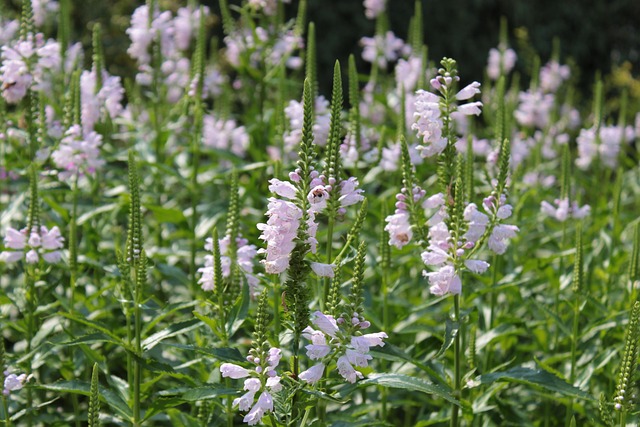After a water damage incident in Denver, immediate action is critical to minimize mold growth (Water Damage Remediation Denver). Signs of severe water intrusion include discolored walls, musty odors, and warped floors. Homeowners should create a plan with reliable water removal services to extract excess moisture within 24-48 hours. Thorough drying using specialized equipment reduces mold risk. Regular inspections and addressing moisture sources prevent future damage.
After water damage in Denver, swift action is crucial to prevent mold growth. This guide outlines essential steps to ensure effective Water Damage Remediation Denver. First, promptly assess the extent of water damage and remove standing water immediately. Next, thoroughly dry out affected areas to inhibit mold. Post-remediation, take preventive measures and regularly inspect for any signs of recurrence. Following these steps will help protect your property and maintain a healthy environment.
- Assess Water Damage Extent Promptly
- Remove Standing Water Immediately
- Dry Out Areas Thoroughly
- Prevent Mold Growth Post-Remediation
- Regularly Inspect for Recurrence
Assess Water Damage Extent Promptly
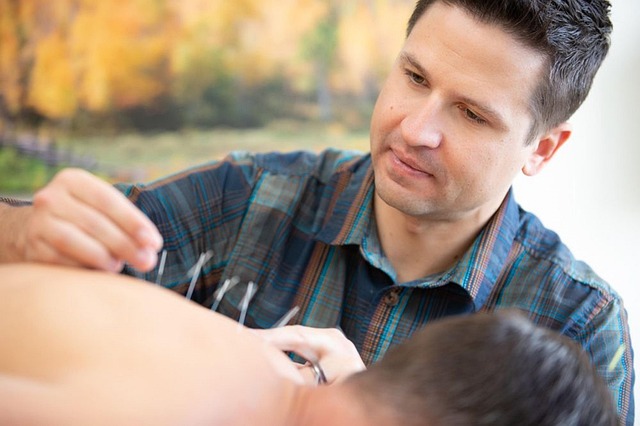
After a flood or leak, assessing the water damage extent promptly is crucial in any Water Damage Remediation Denver. The faster you act, the better the chances of minimizing mold growth. In terms of sewage cleanup Denver, it’s important to recognize immediate signs like discolored walls, musty odors, and warped floors, as these indicate severe water intrusion. Homeowners should create a plan based on the damage level, involving reliable water removal services Denver to extract excess moisture efficiently.
A thorough inspection will help identify hidden water sources or areas where water has seeped behind walls or under floors. Following this, a strategic drying process using specialized equipment is essential to ensure all affected areas are properly dried. This step significantly reduces the risk of mold and mildew development, offering a clean slate for subsequent repair work in your homeowners guide to water damage repair Denver.
Remove Standing Water Immediately
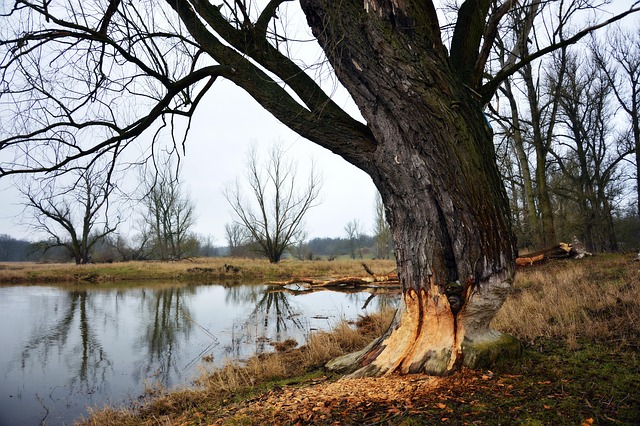
After experiencing water damage in Denver, one of the most crucial steps in mold prevention is immediate action. Once water invades your property, it’s essential to remove standing water promptly. Delays can lead to more extensive damage and increased mold growth. The first 24-48 hours are critical; this is when professional water damage remediation services like ARC Restoration come in. Their expertise lies in swiftly addressing the issue, extracting water, and implementing drying techniques to prevent any further complications.
Denver’s water damage prevention strategies start with this swift response. By acting fast, you can significantly reduce the likelihood of mold development, ensuring a healthier home environment. Remember, the longer water stays trapped, the higher the risk for mold, which can pose health issues and cause structural damage to your Denver home over time.
Dry Out Areas Thoroughly
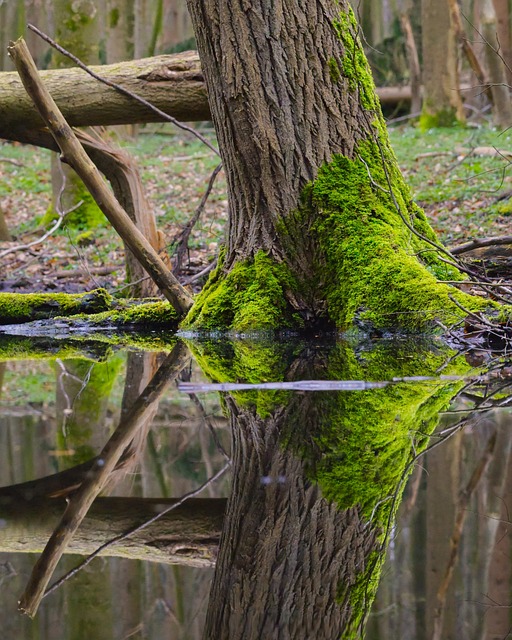
After a water damage incident in Denver, thorough drying is a critical step in mold prevention. It’s essential to act quickly as mold can begin to develop within 24-48 hours of moisture intrusion. A reputable Denver water damage restoration company will employ advanced equipment, such as dehumidifiers and air movers, to expedite the drying process. These tools help remove moisture from affected areas, including hard-to-reach places like walls, floors, and ceilings.
Proper roof restoration in Denver is also vital to prevent future water damage and mold growth. Inspecting and repairing any leaks or damages to your roof immediately after a storm or flood event can save you from extensive repairs down the line. Additionally, emergency water removal services in Denver should be considered for severe cases where quick action is necessary to mitigate potential mold issues.
Prevent Mold Growth Post-Remediation
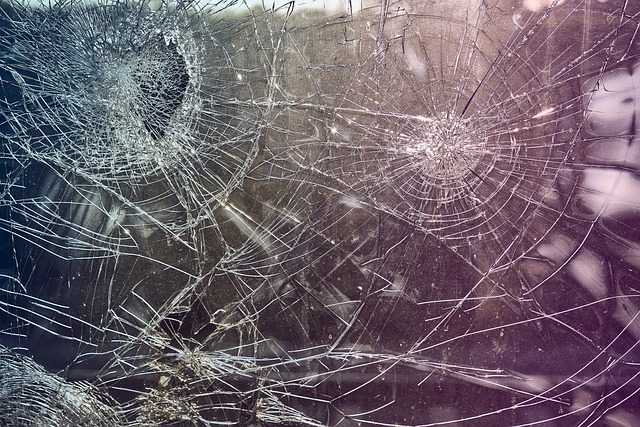
After Water Damage Remediation Denver, preventing mold growth is a crucial step to ensure your home remains healthy and safe. The first line of defense is thorough drying. Promptly address any wet areas, using fans and dehumidifiers to expedite the drying process. Every inch of affected space should be dried completely to prevent mold spores from flourishing.
Regular inspections are also vital in mitigating future water damage in Denver properties. Check for potential sources of moisture, such as leaky pipes or inadequate drainage around your home. Addressing these issues promptly can significantly reduce the risk of subsequent mold growth. Additionally, maintain proper ventilation and humidity levels indoors to create an environment that is unwelcoming to mold. Consider using air purifiers to further enhance indoor air quality.
Regularly Inspect for Recurrence

Regular inspections are an integral part of preventing mold growth after water damage in Denver homes or businesses. After initial Water Damage Remediation Denver services, it’s crucial to keep a close eye on affected areas to ensure no signs of mold appear. Mold can start to grow within 24-48 hours of water intrusion, making prompt detection vital. The best water damage contractors Denver recommends scheduling regular inspections, especially in hidden or hard-to-reach places, as mold often hides behind walls, under carpets, or inside cabinets.
Denver’s unique climate contributes to the need for consistent monitoring. High humidity levels and frequent rainfall create an ideal environment for mold to flourish. By implementing denver water damage prevention strategies, such as these regular checks, property owners can mitigate the risk of costly mold remediation and health issues associated with prolonged exposure.
Prompt and effective water damage remediation in Denver is key to preventing mold growth. By swiftly assessing the extent of the damage, removing standing water immediately, drying out affected areas thoroughly, and taking proactive measures post-remediation, you can significantly reduce the risk of mold. Regular inspections for recurrence ensure a safe, healthy environment. Remember, timely action is crucial in managing water damage and maintaining a mold-free space.
